The best thing about companion planting is that it improves the biodiversity of your patch which has wide ranging benefits for wildlife and building healthy ecosystems. Many companion plants and flowers bring the added benefit of beautiful blooms which create a stunning garden display.
Companion planting involves grouping flowers and plants together so that they help each other to grow better. They can do this in many different ways, such as:
1. DETERRING PESTS: Certain plants act as an insect repellent. For example the smell of garlic is unappealing to many pests.
2. SHELTER: Taller plants can provide shade to smaller plants. For example corn can shade lettuce.
3. IMPROVING GROWTH: One plant can absorb certain substances from the soil and change the soil biochemistry to benefit nearby plants.
4. ATTRACTING BENEFICIAL INSECTS: Such as bees and other crucial pollinators.
5. IMPROVING SOIL FERTILITY: Plants in the legume family (like peas and beans) promote growth in nearby plants with their nitrogen fixing ability, converting atmospheric nitrogen into a form used by plants.
6. NATURAL SUPPORTS: Tall plants, like corn and sunflowers, can support lower-growing, sprawling crops such as cucumbers and peas.
The Three Sisters Garden is an excellent example of a companion planting plan that uses natural supports.
Top Companion Plants for Perth Gardens
Here are some examples of great companion plants that bring many and varied benefits to your garden:
- Basil helps repel flies and mosquitoes.
- Borage in the strawberry patch will increase the yield.
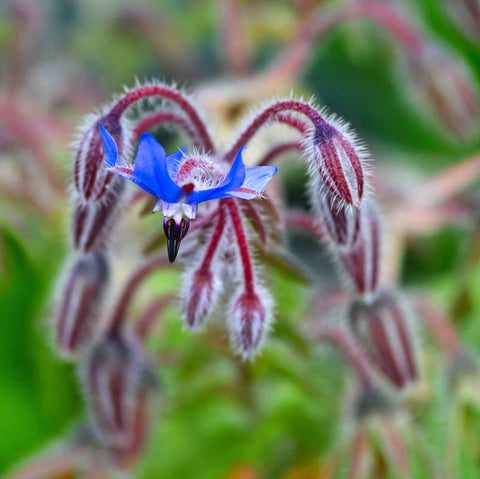
- Catnip repels fleas, ants and rodents.
- Caraway helps break down heavy soils.
- Chamomile deters flies and mosquitoes and gives strength to any plant growing nearby.
- Chives grown beneath apple trees will help to prevent apple scab; beneath roses chives will keep away aphids and blackspot.
- Elderberry a general insecticide - the leaves encourage compost fermentation, and the flowers and berries make lovely wine!
- Fennel repels flies, fleas and ants.
- French Marigold root secretions kill nematodes in the soil. Will repel white fly amongst tomatoes.
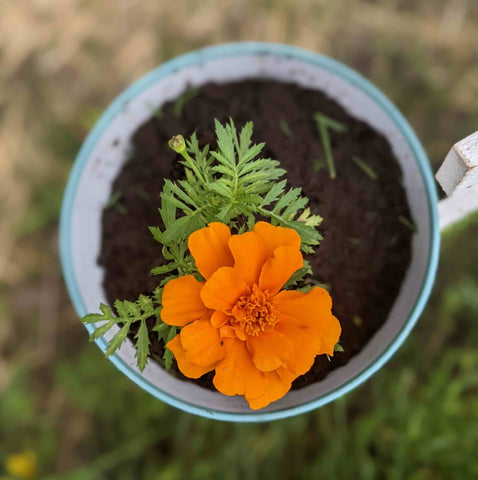
- Garlic helps keep aphids away from roses.
- Hyssop attracts cabbage white moth keeping brassicas free from infestation.
- Mint repels cabbage white moth. Dried and placed with clothes it will repel clothes moth.

- Nasturtium secrete a mustard oil, which many insects find attractive and will seek out, particularly the cabbage white moth. Alternatively, the flowers repel aphids and the cucumber beetle. The climbing variety grown up apple trees will repel codling moth.
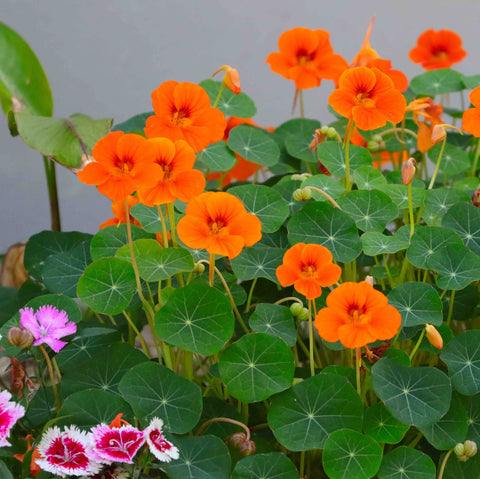
- Pyrethrum will repel bugs if grown around the vegetable garden.
- Rosemary repels carrot fly.
- Rue keeps cats and dogs off garden beds if planted round the borders.
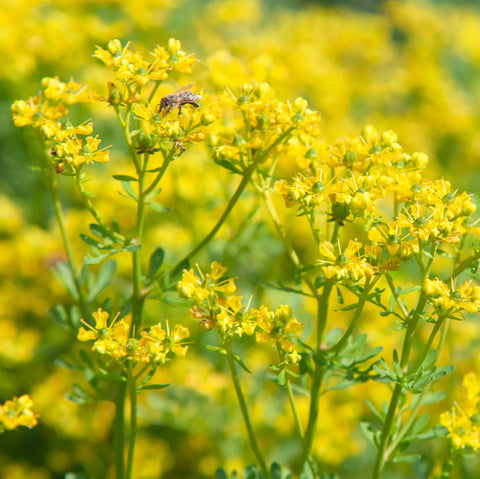
- Sage protects cabbages from cabbage white moth.
- Tansy repels moths, flies and ants. Plant beneath peach trees to repel harmful flying insects. Tansy leaves also assist compost fermentation.
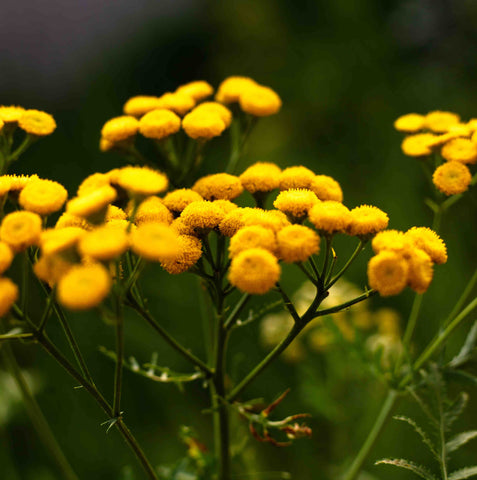
- Wormwood can inhibit the growth of plants near it, but wormwood does repel moths, flies and fleas and keeps animals off the garden.
Read our companion planting guide for more information and ideas about plants that grow well together.
We'd love to know what companion plants grow well in your garden. Add you comments below, share on our socials or pop into our Perth Garden and Home Store and tell us all about your garden. We love to talk about what's growing in your Perth patch!


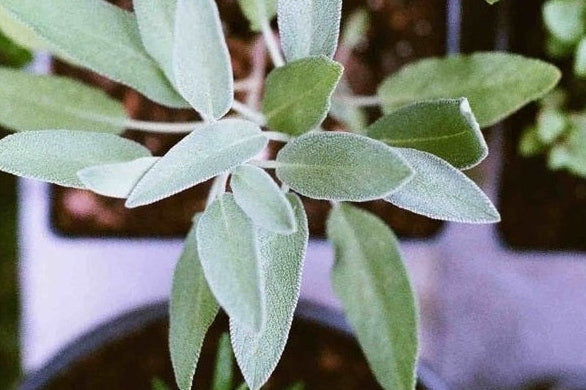
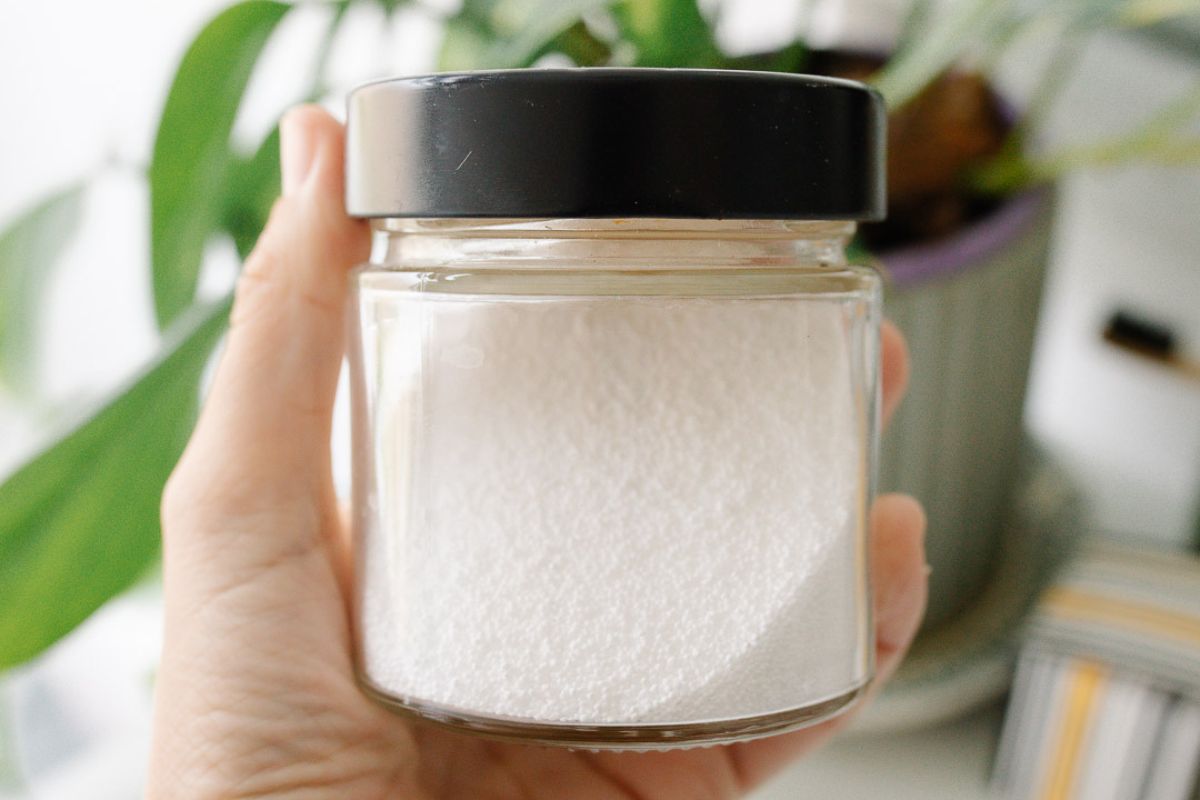
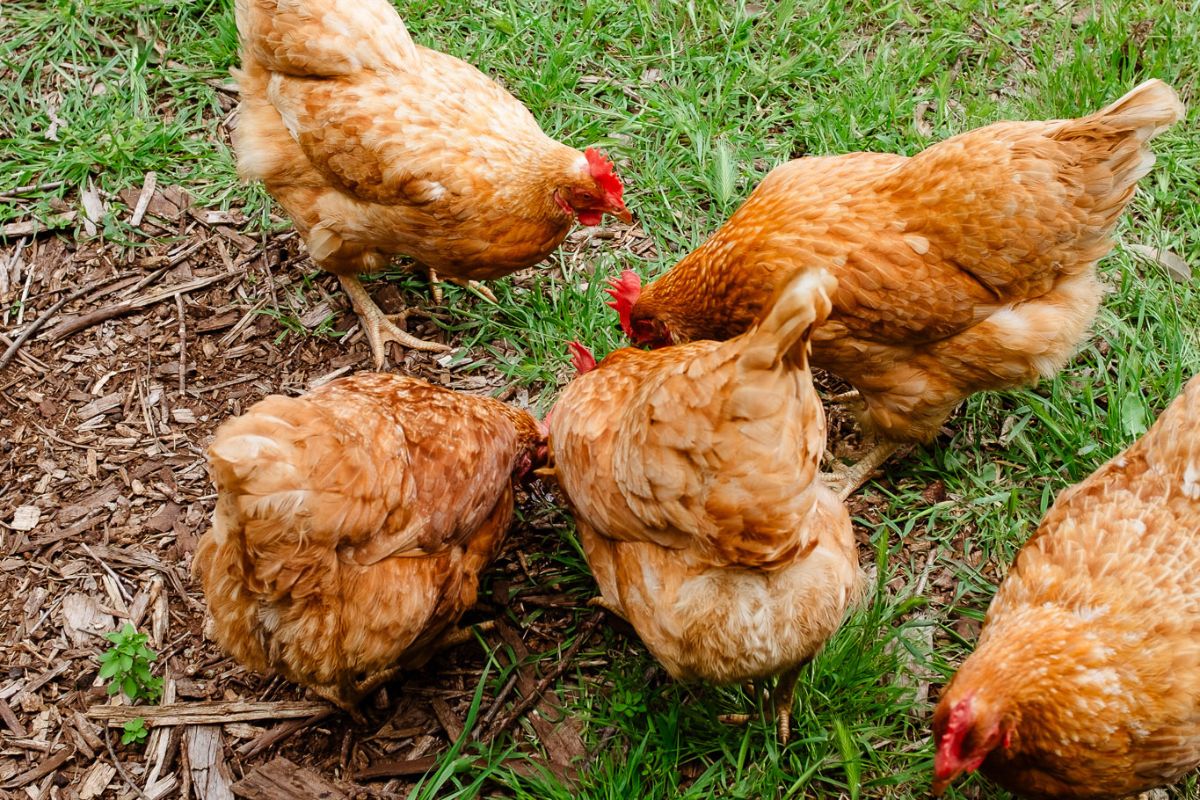
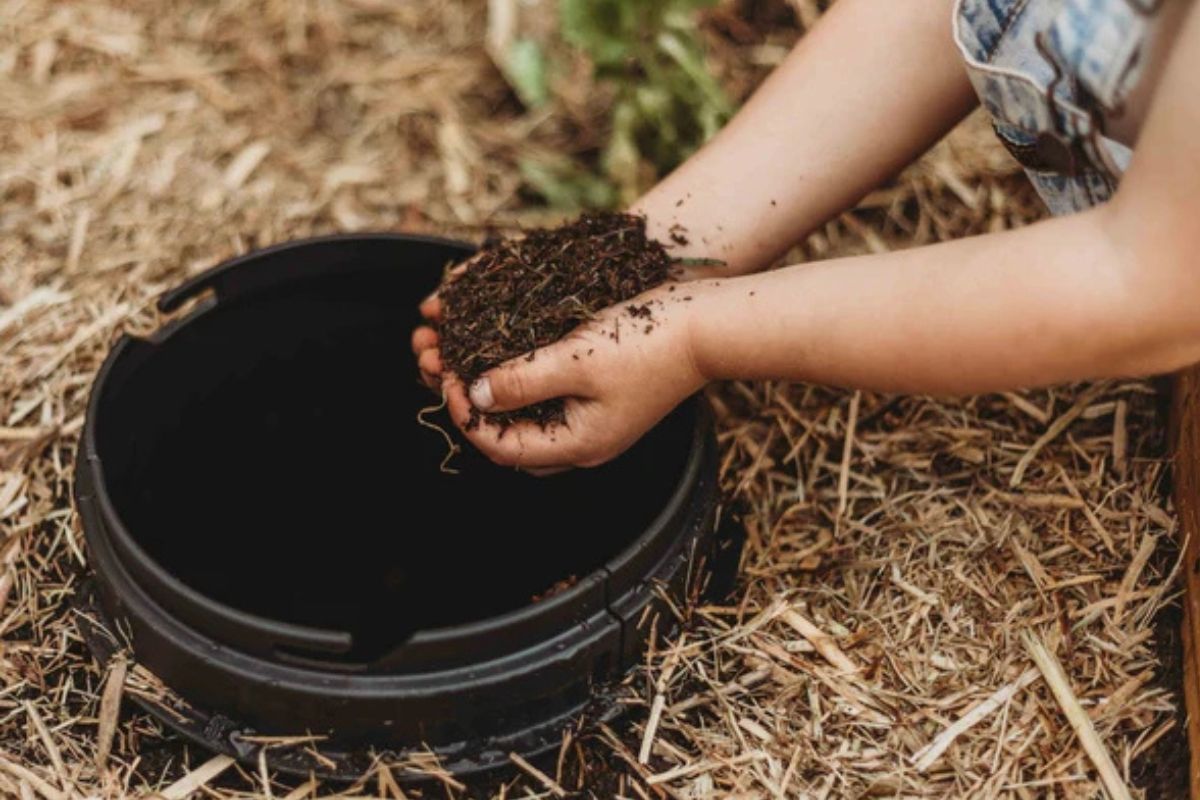
Leave a comment (all fields required)